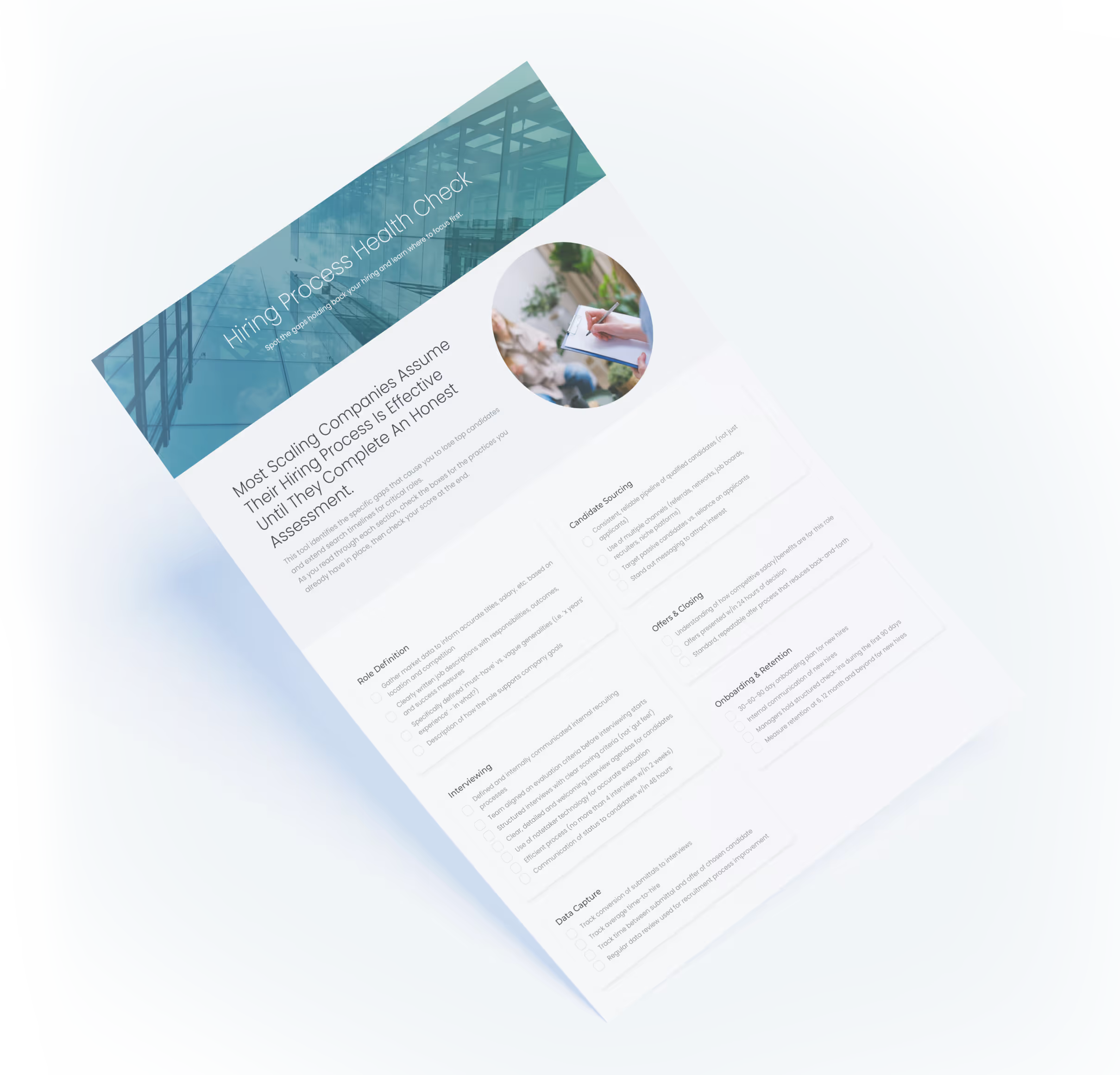Beyond Recruitment: The Crucial Role of Employee Retention

As an employer, finding and hiring top talent can be a daunting task, especially when you consider the investment that goes into recruitment. How does it impact your bottom line when your highly skilled employees leave after only a brief tenure? Wouldn’t you rather be the superhero of retention?
Many employers fall into the trap of believing that turnover is an unavoidable part of doing business, but that doesn’t have to be the case. Just accepting turnover and assuming it’s normal can be detrimental to your organization's success. It is essential to keep in mind that replacing an employee is not just about the financial cost of recruitment and training but also the intangible costs, like lost productivity and low morale. Frequent turnover can result in a lack of consistency and knowledge transfer, which can slow down your company's growth and impede innovation.
Employee retention is the superhero cape your company needs, and onboarding practices, work-life balance, and career advancement are your trusty sidekicks in the fight to keep top talent on your team.
Onboarding practices are a critical component of employee retention. Effective onboarding can help new employees feel welcome and supported, allowing them to integrate more quickly and effectively into the company culture. An effective onboarding program should provide new employees with the necessary tools and resources to do their job correctly, as well as set clear expectations and goals. Onboarding can also serve as an opportunity for new employees to build relationships with their peers and managers, which often improves morale and job satisfaction. This can help set the foundation for a long and productive relationship between the new employee and the company. Think about a buddy program or anticipate questions about how to use your systems (many new employees are afraid to let on that they don’t know certain software) are a couple of proactive steps you can take.
Companies that prioritize work-life balance not only support their employees' overall well-being but also create a culture of trust and respect. Many studies show that when employees are able to maintain a healthy equilibrium between their professional and personal lives, they experience reduced stress levels, improved mental health, and increased job satisfaction. Offering flexible work arrangements, such as remote work options, flexible schedules, or family-friendly policies, demonstrates an understanding and respect for employees' personal lives.
You can’t forget the key role of career advancement opportunities when looking at retention rates. Do you prioritize internal candidates for open positions? Are your managers providing good feedback on performance reviews and keeping lines of communication open? When employees feel stuck and unheard, they become dissatisfied and will look elsewhere for that boost in title and salary. By providing a clear path for growth and development, employees feel valued and motivated to invest in their careers with your company. Questions aimed at your employees such as What do you want to learn?”, “What are your aspirations" will go a long way in retaining great people.
So, don your cape and embark on this grand adventure of employee retention! As you invest in stability and growth, you unlock the hidden potential within your team, transforming them into an unstoppable force. High retention will become the catalyst for unrivaled productivity, propelling your business to new heights of success.
Get Your FREE Hiring Process Health Checklist

